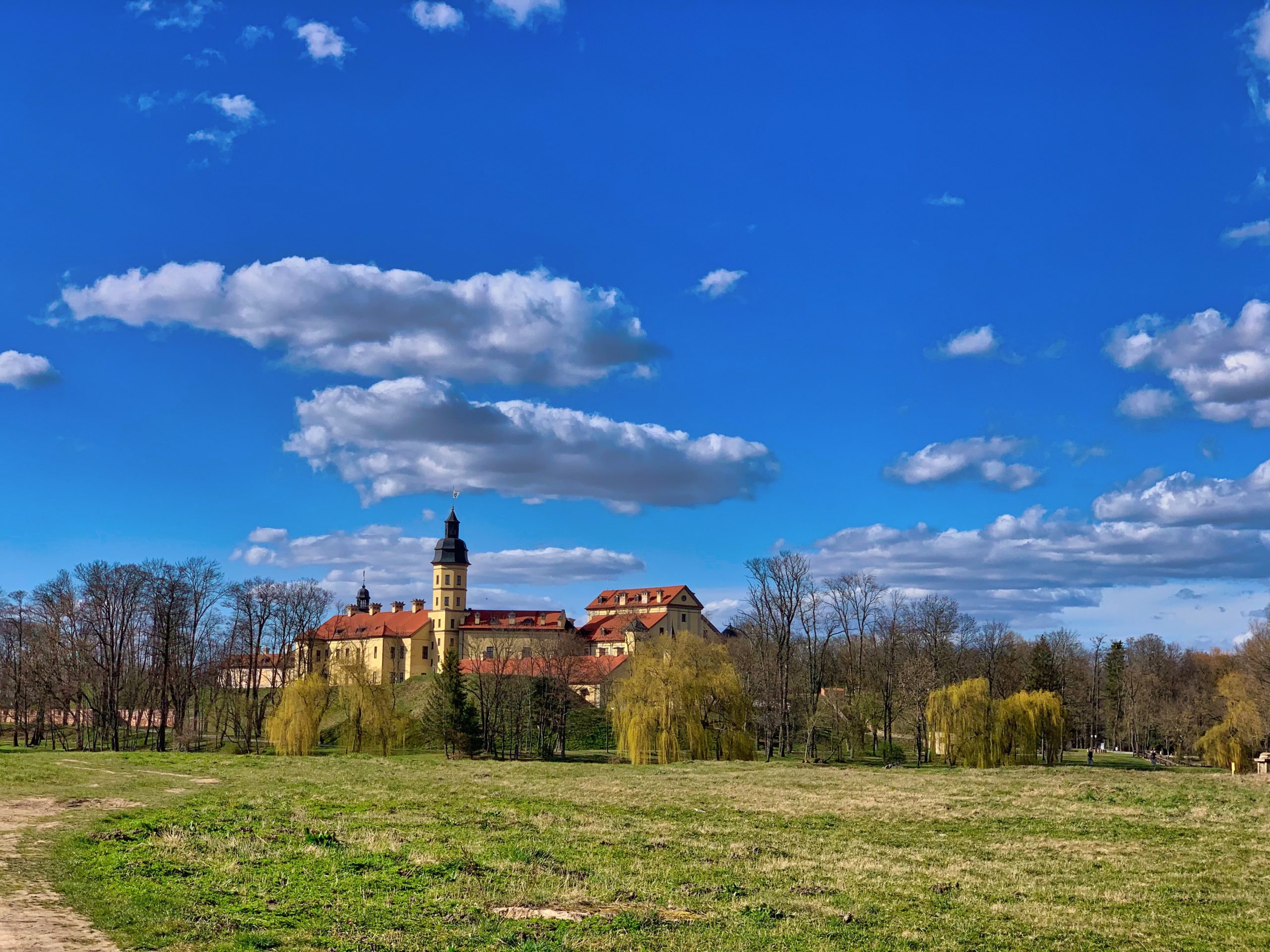- Education In Belarus
- Pre-school education (3-6)
- General secondary School (6-15)
- Special education
- Vocational-technical education and specialized secondary education (15-18)
- Higher education (17-21)
- Can foreign students study at Belarusian universities? How do foreign students enter Belarusian universities?
Education In Belarus
Belarus stands in the group of countries with a very high level of the Human Development Index (HDI). The literacy rate of the adult population of Belarus has always been one of the highest in the world and now reaches 99.7%. Belarus has reached the level of the most developed countries of the world in terms of the admission of children to primary and secondary schools. In recent years, the government has allocated at least 5% of GDP to the education system, which is not inferior to the amount of funding for education in developed European countries.
Belarusian education is highly valued all over the world, so studying in Belarus attracts many foreign students.
The education system of the Republic of Belarus provides education for students at the levels of basic, additional and special education. Thus, in practice, the country ensures the realization of the principle of “education through life”.
Pre-school education (3-6)
Belarus has a well-developed pre-school education system. And although it is not compulsory, most toddlers attend preschool before going to school.
The percentage of children from 1 to 6 years old in pre-school education institutions is 74.4 %, including in rural areas – 49.7 %, in urban areas-81.4 %.
In the 2019/2020 academic year, there are 3,972 pre-school education institutions in the Republic of Belarus, 11 of them are privately owned.
General secondary School (6-15)
General secondary education in Belarus begins at the age of 6 and includes two levels: general basic and general secondary. The course of the basic school lasts for 9 years, the secondary – for 11 years. Having completed basic school successfully, young people have the opportunity to continue their education in colleges and lyceums, where they simultaneously receive secondary education and professional training. The others can get a general secondary education by continuing their education at school. The certificate of general secondary or secondary special education is the main document that gives the right to enter a higher educational institution.
In the 2019/2020 academic year, there are 3,233 institutions of general secondary education in the Republic of Belarus, of which 10 are privately owned.
Among the latest trends in the system of general secondary education is the introduction of specialized training in high school.
Today, modern information technologies have firmly entered the educational process of general secondary education. In a number of gymnasiums and schools, an experiment on the introduction of electronic diaries and a “cloud” information is being conducted and educational environment containing high-quality resources and services based on modern technical means of information is being formed.
Special education
The Republic of Belarus has achieved good results in organizing work with children with special needs of psychophysical development.
The system of educational institutions provides not only education, but also support, rehabilitation, correctional and pedagogical assistance and education of such children at all stages of their socialization and all age groups (99.2%). More than 70% of children with special psychophysical development are integrated into pre-school and general secondary education institutions.
Currently, there are 240 special education institutions. They also function as resource centers, i.e. they are the material, informational, and methodological basis for improving the quality of special education and the qualifications of teachers working with such children.
Vocational-technical education and specialized secondary education (15-18)
The subject of special pride of Belarus is the system of vocational-technical and secondary special education, which, unlike other post-Soviet countries, is preserved and successfully operates. Their experience is used in Russia and other countries.
Vocational-technical education includes: 166 institutions of vocational and technical education (vocational lyceums, vocational colleges, vocational schools) and 40 educational institutions of other types that carry out educational programs of vocational and technical education.
Higher education (17-21)
Students from all over the world come to Belarus for knowledge. Higher education, includes 52 institutions of higher education (universities, academies, institutes), including 9 private forms of ownership. The annual intake is more than 60 thousand people, and the graduation rate is more than 80 thousand specialists.
Training of specialists is carried out in 15 educational profiles, including 382 specialties of higher education of the first stage and 331 specialties of higher education of the second stage.
When entering a higher educational institution, a future student chooses a form of study, which can be full-time, evening, correspondence, or remote.
The education program in higher educational institutions of the republic is designed for 4-6 years. Full-time students who study successfully receive a scholarship. All graduates of higher educational institutions of various forms of ownership receive a government-issued diploma.
In Belarus, all institutions of higher education, both public and private, obey the Ministry of Education.
Higher education institutions organize the educational process in Russian and Belarusian. For foreign citizens, training can be organized in English.
In addition, 119 organizations of the Republic of Belarus with postgraduate studies and 56 organizations of the Republic of Belarus with doctoral studies teach highly qualified researchers.
In May 2015, Belarus officially became a member of the Bologna Process – the European Higher Education Area.
Can foreign students study at Belarusian universities? How do foreign students enter Belarusian universities?
Many foreign students study in higher educational institutions of Belarus. Studying for citizens of other countries, as a rule, is paid. Its cost depends on the chosen specialty, form of study and educational institution. After the applicant has chosen a specialty and a higher educational institution, he/she should apply to the university to receive an invitation to study.

Thank you !




Comments